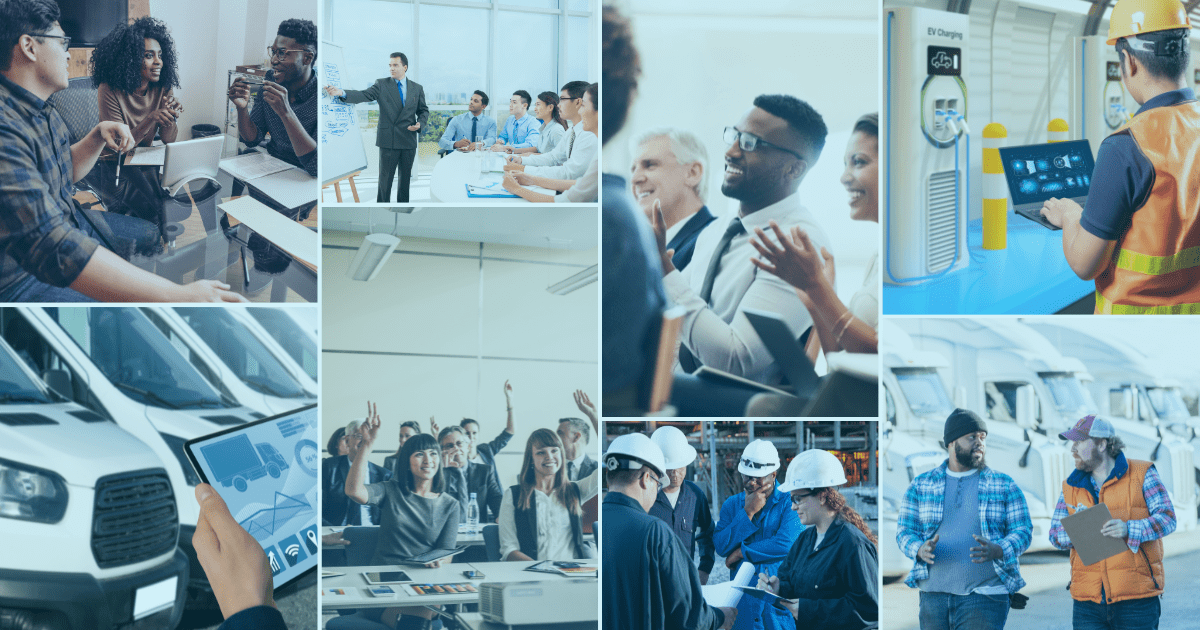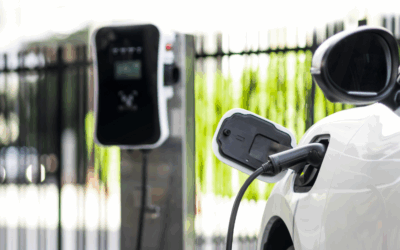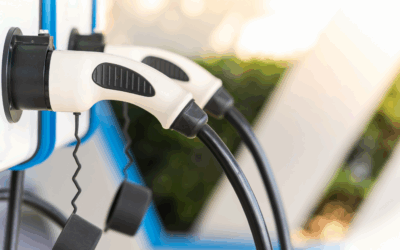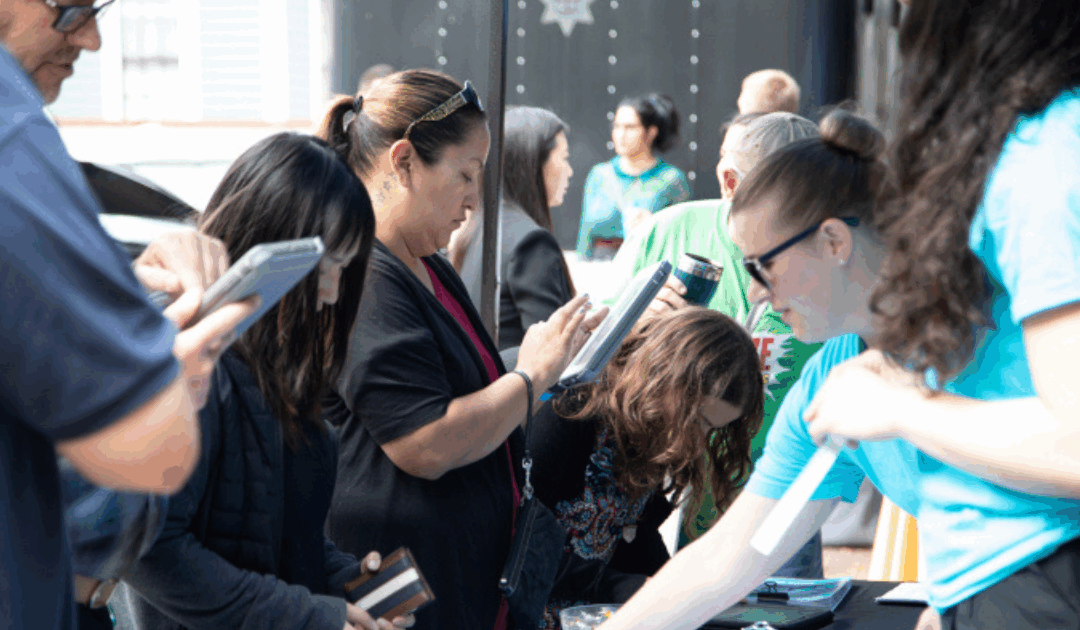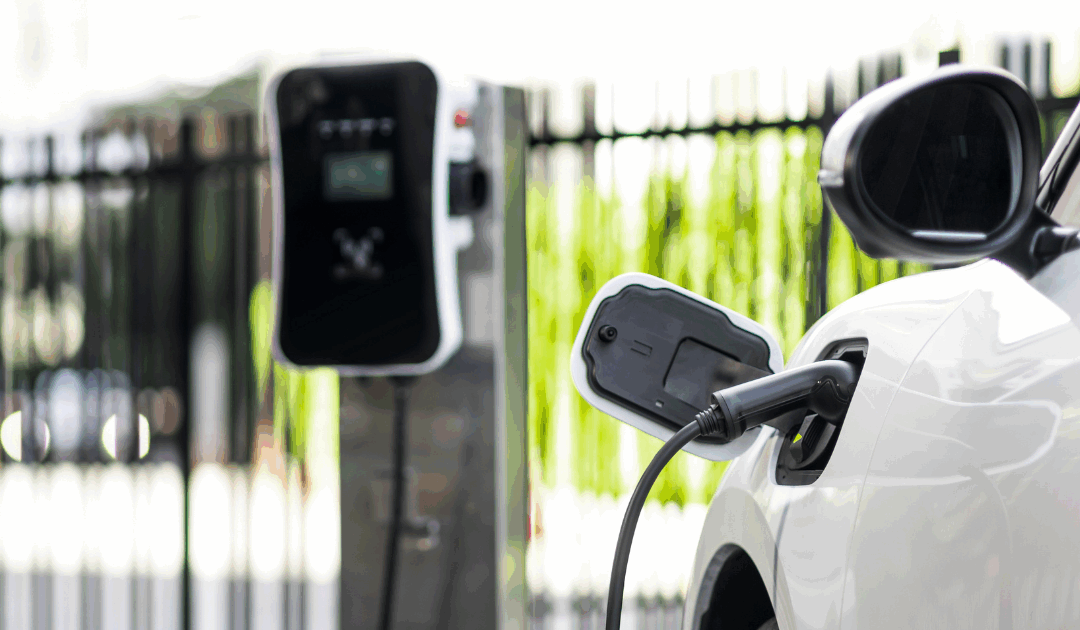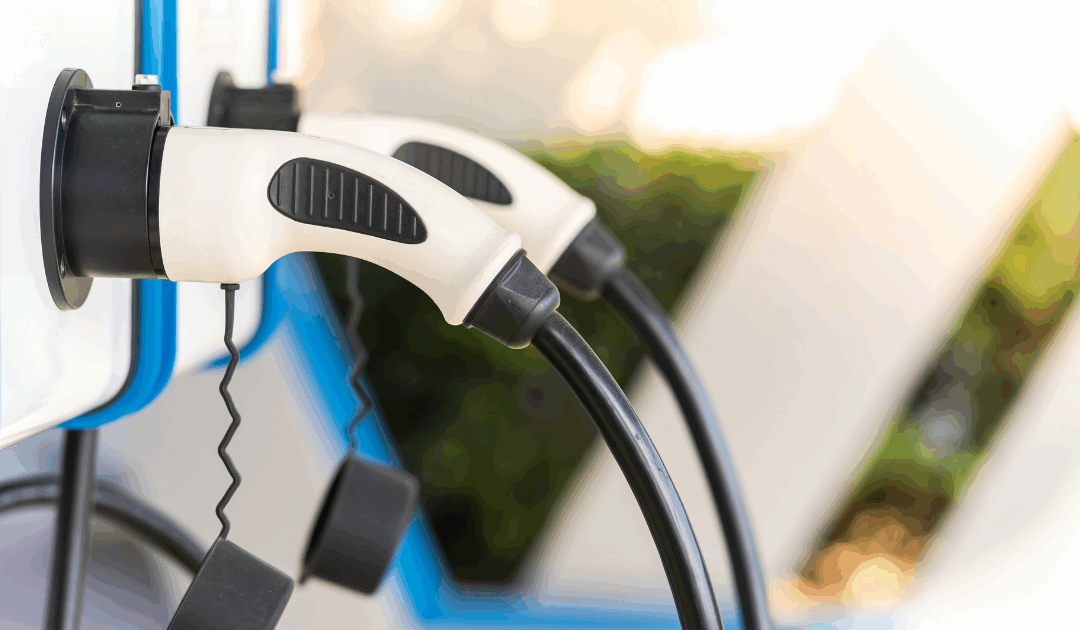With the demand for electricity rising and the growth we’ve seen in electric transportation projected to continue into the future, utilities and industries related to the electrification sector require a workforce capable of supporting a wide array of technologies. According to a report from the Environmental Defense Fund, the EV industry has provided 179,000 specific EV jobs and 800,000 related jobs across the economy. Some job connections are obvious, but others less so; for instance, new corporate sustainability teams supporting EV-related programs and policies. Regardless, all of these positions require specific training and education related to electrification broadly and EVs specifically.
Workforce Development Programs with REACH Strategies
Over time, we’ve seen that workforce development programs are an integral part of an integrated approach to supporting EV outreach. These initiatives help educate workers impacted by the transition to electrification. They also generate a pipeline of trained personnel ready for future electrification-related jobs. An important starting point includes opportunity mapping to deepen understanding of workforce needs within your region supported by partnership development. Then, when deploying training curriculum, and offering a wide array of workforce pipeline initiatives, including internships, to meet local needs.
A few examples of our approach include:
- Educational Partnership Networks: REACH helps foster partnerships. Partner with educational institutions ranging from K-12 to technical or other post secondary schools, linking specialized training with workforce pipelines.
- Workforce Curriculum Programs: REACH facilitates internship programs. Provide workforce curriculum that enable aspiring professionals to dive deep into energy efficiency and/or carbon-neutral electrification content. This curriculum supports internships that provide job-specific training from trained mentors.
- Community Economic Development: REACH’s nonprofit partner, Recharge America, engages locally with communities. Together, sustained strategies are developed, delivering on electrification goals over time. Strategies may include meeting community priorities for workforce pipeline and training programs, visitor and tourism support, commercial fleet adoption, and consumer EV and home/business electrification initiatives.
Workforce Development: A Critical Imperative
In a 2022 statement, Microsoft’s Vice Chair and President, Brad Smith, emphasized the importance of employees with specialized expertise and multidisciplinary skills to drive sustainability efforts within corporations. This perspective still remains true today, organizations will need help to deliver the technical training employees need to scale the adoption of solutions.
As companies adopt sustainability and electrification strategies aiming for zero carbon emissions, teams able to implement these plans is important. Companies are hiring staff to support EV fleets, manage energy usage, oversee charging stations, and teach colleagues about carbon-free strategies and how they can contribute.
While the 2022 IEA report touches on corporate programs, it dives deeper into the upskilling and retraining of workers throughout the energy sector. The technical positions driving electrification and automation innovation and implementation will require adaptations and specialized training. Electricians and the vehicle manufacturing industry provide good examples of the impact electrification and automation are having on the workforce.
Substantial training is required as technology evolves and a need for new types of electricians emerges. Training in new electrical systems, renewable energy systems, EV charging infrastructure, EV maintenance, and safety regulations and standards are a few examples. Even electricians employed by utilities and communities will be different from those needed to achieve grid modernization goals. Electrician shortages are already occurring. This is an unfortunate mismatch that comes at a time when those trades are more vital than ever to a clean energy future. Including a workforce development component to your electrification or EV outreach strategies can provide community members an opportunity to up-skill or embrace a new electrification-related career.
Transportation Electrification and the Workforce
Given the outsized role that the manufacturing industry plays in many communities, educating people within these towns or regions about coming changes from the shift to an electrified economy is essential. The transition may create many high-value, good-paying jobs, but it will also change the nature of others, and some long-held. Fulfilling training and new career pathways depends on offering opportunities for current workers to acquire the new skills required to take advantage of new opportunities. Emerging fields like automobility research and mechatronics create new needs and opportunities for local technical schools and even for integrating skills within regional K-12 STEM-education systems. New career opportunities must be publicized across manufacturing communities as workforce development and training programs are developed. This will bridge the gaps between available workers, company needs, and available jobs.
In the ever-evolving energy landscape, workforce development is not an option but an imperative. REACH’s workforce development programs equip utilities with the tools and insights necessary to address the industry’s evolving needs. By identifying opportunities, fostering partnerships, tailoring training curricula, and offering internship programs, REACH supports utilities in building a workforce that will drive the future of electrification. Please set up a call and join our mailing list for regular updates, partnership opportunities and workforce development insights.

